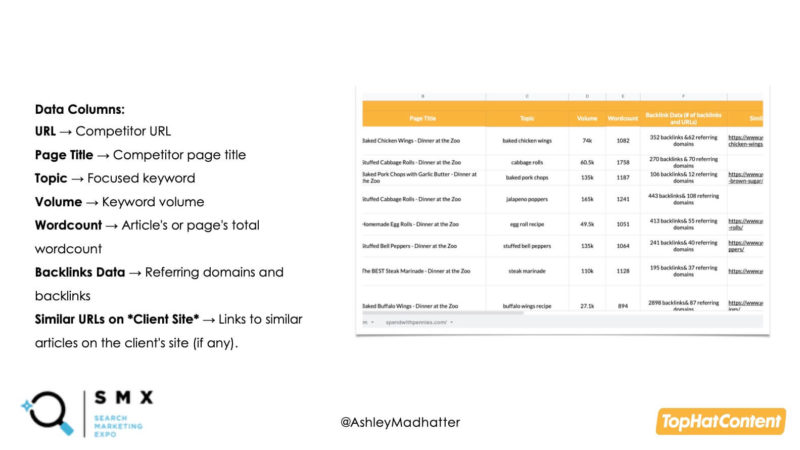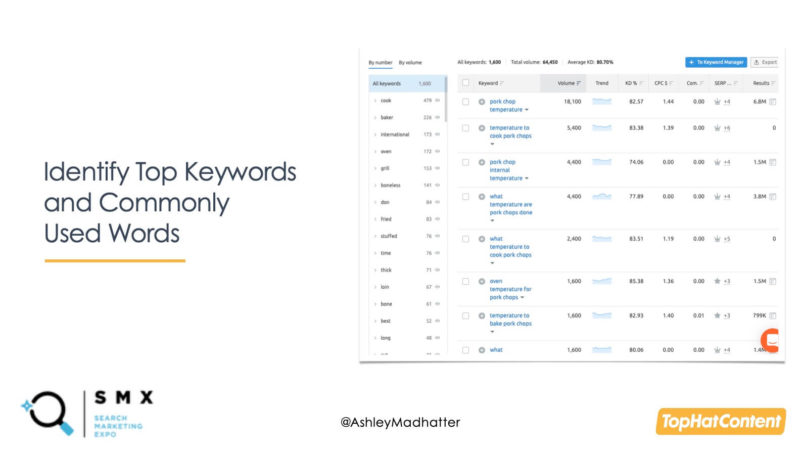
Meta will remove targeting options for sensitive topics on January 19
Meta will remove certain targeting options relating to sensitive topics on January 19, 2022. “Health causes,” “sexual orientation,” “religious practices and groups,” and “political beliefs, social issues, causes, organizations, and figures,” were among the examples of targeting options slated for deprecation.

Sensitive targeting options. “We will be removing some Detailed Targeting options because they relate to topics people may perceive as sensitive, such as targeting options relating to causes, organizations, or public figures that relate to health, race or ethnicity, political affiliation, religion, or sexual orientation,” Meta said in the announcement. The company provided the following examples of targeting options that will be removed:
- Health causes (e.g., “Lung cancer awareness”, “World Diabetes Day”, “Chemotherapy”).
- Sexual orientation (e.g., “same-sex marriage” and “LGBT culture”).
- Religious practices and groups (e.g., “Catholic Church” and “Jewish holidays”).
- Political beliefs, social issues, causes, organizations and figures.
Campaigns can continue to deliver to impacted targeting options until March 17, 2022, “in the vast majority of cases,” Meta said. Until March 17, advertisers will be able to make most edits at the campaign level without affecting targeting. However, some changes at the ad set level may update your target audience (for example, changes to placements, targeting options, etc).
After March 17, edits for impacted campaigns will not be possible at the campaign, ad set, or ad level.
Meta will also remove redundant targeting options. The company will also remove targeting options that haven’t been widely adopted, citing that they may be redundant with other options or be too granular, although it did not specify which options. Meta has done this before in previous updates as well.
Read more: Meta will remove targeting options for sensitive topics on January 19
4 ways data analysis can help you generate new ideas and optimize your content
Generating new content ideas can become quite difficult as a brand blog or publication matures. While many search marketers already use keyword tools to identify what kind of content their audience is looking for, taking that process a step further by using tools to analyze what users are asking, along with your competitors’ content, can help you unlock fresh topics.
At SMX Next, Ashley Segura, co-founder of TopHatContent, shared how she uses data analysis to generate content topics, uncover ways to improve existing content, and identify the factors behind why your competitors may be outranking you so that you can close the gap.
Perform a content gap analysis
“This is going to show you where your current content is really missing the mark and you do this through looking at a competitor,” Segura said. While there are many ways to perform this, with various tools, Segura used Semrush’s keyword gap tool in her examples.
To start, marketers should put three to five different competitors into the keyword/content gap tool of their choice to see what their competitors are ranking for that they could also potentially be ranking for as well, or to identify content that they’re currently missing out on.

Explore your content topics based on what users are asking
“It’s one thing to use the data to come up with topic ideas,” Segura said, “That’s a great place to start, but then you need to use the data to make sure you’re covering everything there is to know about that topic.”
Using a topic research tool (Segura used Semrush’s tool for her examples), marketers can identify angles they can use to approach the content.

The topic research tool will populate cards with similar keywords that have to do with your topic. In the case of Semrush’s tool, the “Questions” section of the card shows what users are asking with regard to the keyword in question.
Perform a competitor content analysis
A competitor content analysis can help you go beyond what’s on their pages to explain their content success.

Use data to structure your content
Keyword analysis tools can also be used to bolster your content by helping you identify topics that your audience may be asking about. Sometimes these topics can be their own standalone article, but when they’re not quite dense enough, you can create headings within your related content to address them, Segura recommended.

Read more: 4 ways data analysis can help you generate new ideas and optimize your content
Google: Quality Of Your Languages On Your Multilingual Site Can Impact Each Other
Google’s John Mueller confirmed on the December 31st SEO hangout that if you have multiple versions of your site (on the same domain name), and one version is deemed high quality by Google and the other version is deemed low quality by Google – the low-quality version can negatively impact the high-quality version. And yes, we should all know by now that quality is at the site level and significant portions of your site can impact other portions of that same site.
This came up at the 6:52 mark where an SEO asked “do you consider the language quality of each language version on the same domain independently or can there be some sort of negative or bad neighborhood effect so that if one language version is of poor quality, all the other language versions on the same domain suffer as well?”
Read more: Google: Quality Of Your Languages On Your Multilingual Site Can Impact Each Other
Google: Site Duplicated With IP Address Won’t Lead To Your Site Being Removed From Search

Generally, Google will list a site in its search results with the domain name, not the IP address associated with the domain name. But if you see both and if your site is crawlable via the IP, it is not going to lead to your site being deindexed by Google, said John Mueller.
John said this in a Reddit thread where the user said “my IP address is being indexed for pages and actually ranking.” Truth is, that is not so uncommon – I see it a lot.
John Mueller of Google said, “having a duplicate via IP address is not great, but wouldn’t result in a site disappearing from Search.” He actually said something like this back in 2017.
John posted a very long response there about the site, saying his issues are likely not technical SEO-related at all.
Read more: Google: Site Duplicated With IP Address Won’t Lead To Your Site Being Removed From Search
More news:
Google Search Console products rich result report error handling updated
SEO 2021 year in review: Endless updates, title rewrites, GMB becomes GBP, and more
PPC 2021 in review: Privacy and automation force advertisers to adapt